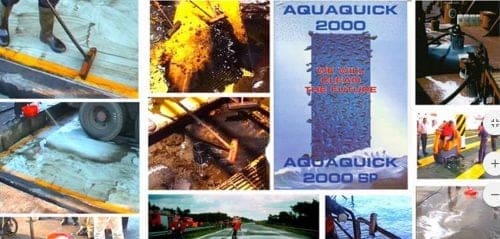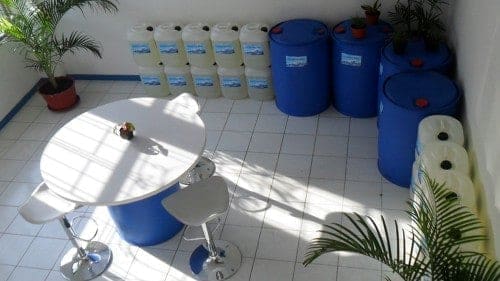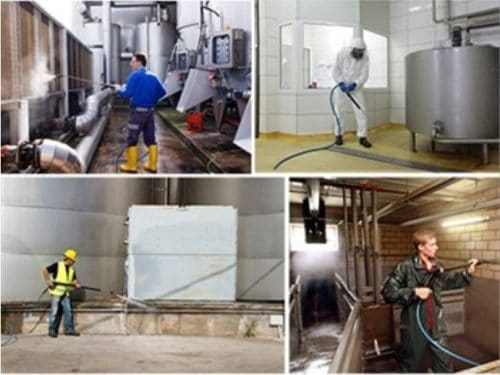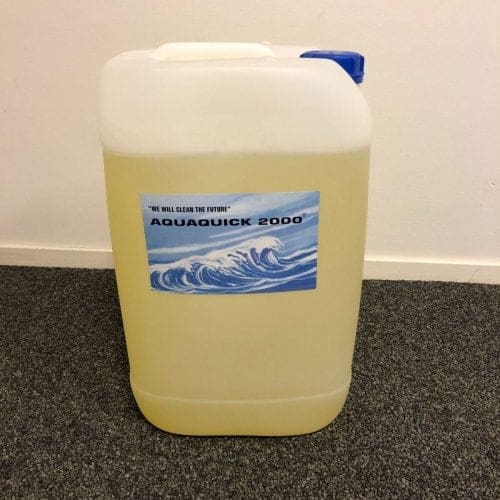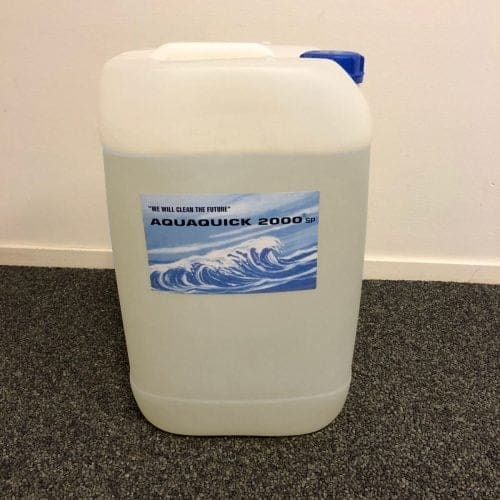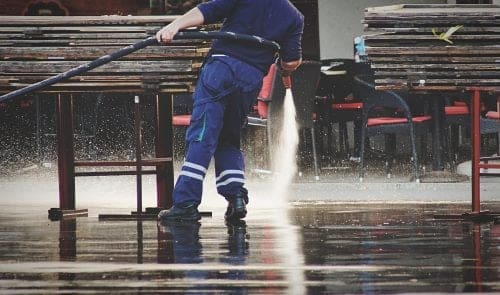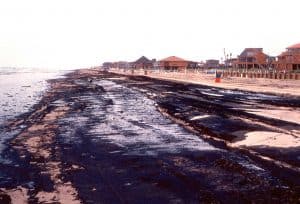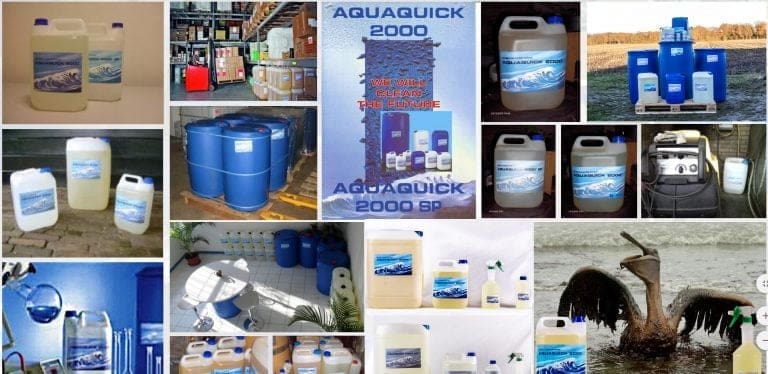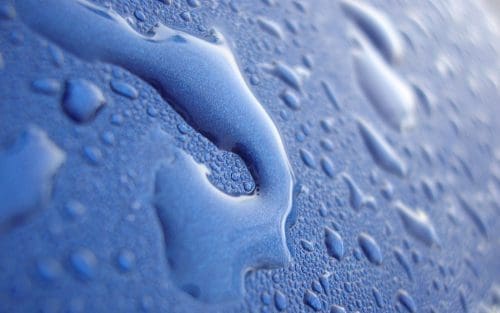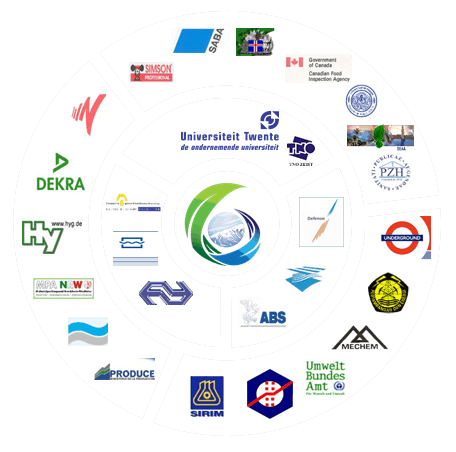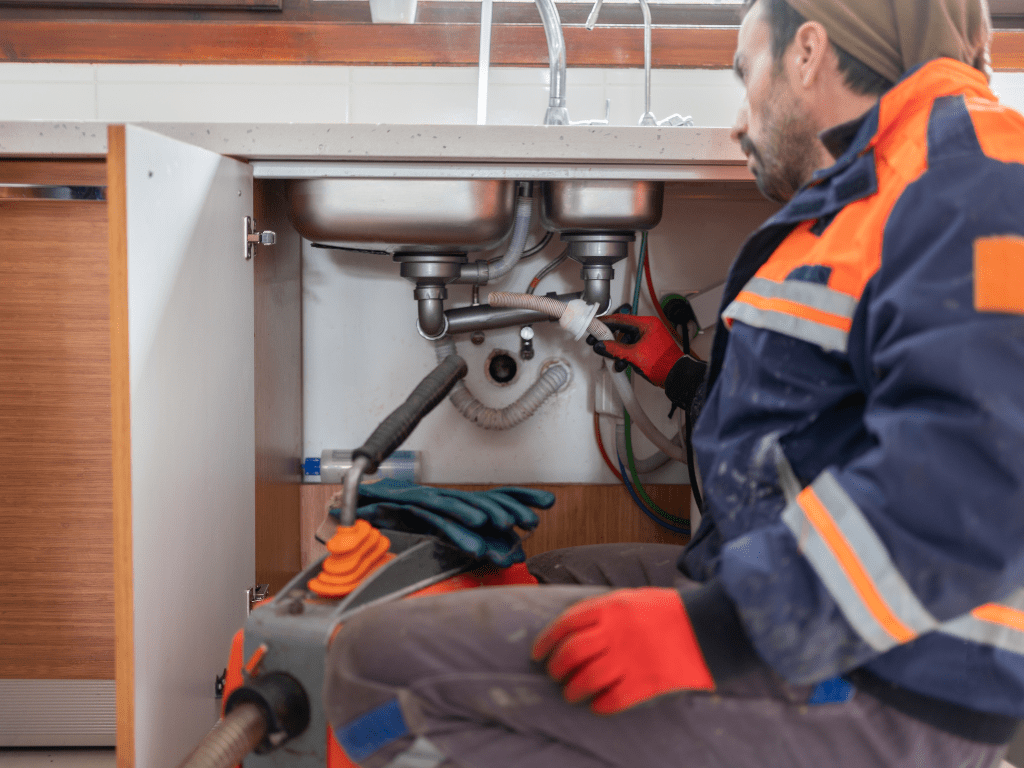Kitchen sink drain pipes play a vital role in maintaining a clean and functional kitchen environment. These pipes are responsible for carrying away wastewater, ensuring that your kitchen remains free from unpleasant odors and potential water damage. However, over time, kitchen sink drain pipes can become clogged with grease, food particles, and other debris, leading to slow drainage or even backups. To prevent these issues and maintain optimal functionality, it’s essential to incorporate regular cleaning and maintenance of your kitchen sink drain pipe into your household routine.
Introduction to Cleaning Kitchen Sink Drain Pipes
Maintaining clean drain pipes is essential for the proper functioning of your kitchen plumbing system. Clogged drain pipes can lead to a range of issues, including slow drainage, foul odors, and even water backups, which can cause inconvenience and potential damage to your home. By understanding the importance of cleaning kitchen sink drain pipes and implementing a regular maintenance routine, you can ensure that your kitchen remains clean, functional, and free from plumbing-related problems.
Understanding the Kitchen Sink Drain System
Before diving into the cleaning process, it’s essential to have a basic understanding of the components of your kitchen sink drain system. Typically, a kitchen sink drain system consists of a drain pipe, trap, and vent pipe. The trap, which is the curved portion of the drain pipe located beneath the sink, is where clogs often form as debris accumulates over time. By familiarizing yourself with the components of your kitchen sink drain system, you’ll be better equipped to identify and address any issues that may arise. Here’s a comprehensive guide on how to clean kitchen Sink Drain Pipes
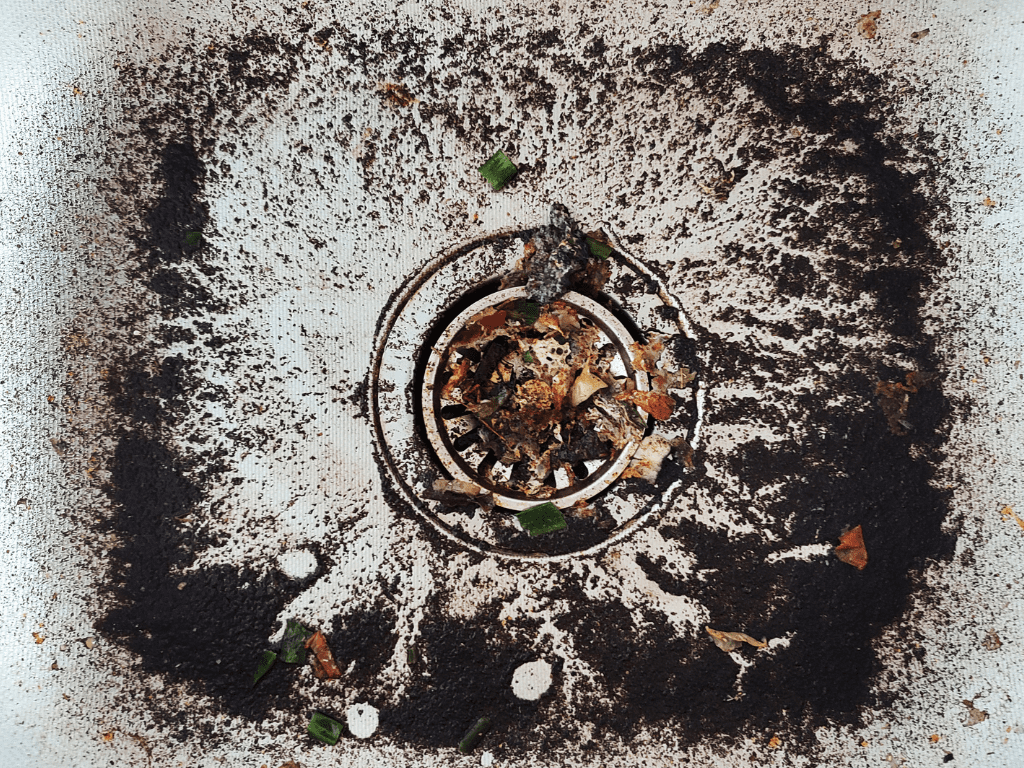
Preparing for Drain Pipe Cleaning
1. Gather Necessary Materials
Before you begin cleaning your kitchen sink drain pipe, gather the necessary materials and tools. These may include:
- Drain cleaner solution
- Plunger
- Pipe brush or plumber’s snake
- Rubber gloves
- Optional: Aquaquick 2000
Having these materials on hand will ensure that you have everything you need to effectively clean your drain pipe and address any clogs or buildup that may be present.
2. Safety Precautions
Before starting the cleaning process, it’s essential to take proper safety precautions to protect yourself and your surroundings. Ensure that the area is adequately ventilated to prevent exposure to fumes from cleaning solutions. Avoid mixing chemicals, as this can produce harmful reactions. Additionally, wear rubber gloves to protect your skin and eyes from contact with cleaning agents and debris.
Step-by-Step Guide to Cleaning Kitchen Sink Drain Pipe
1. Assess the Severity of the Clog
Start by assessing the severity of the clog in your kitchen sink drain pipe. Look for signs of a clogged drain, such as slow drainage, standing water in the sink, or foul odors emanating from the drain. By identifying the location and severity of the clog, you’ll be better able to determine the most effective cleaning method.
2. Remove Standing Water
Before cleaning the drain pipe, remove any standing water from the sink using a bucket or bowl. This will make it easier to access the drain pipe and ensure that your cleaning efforts are more effective.
3. Utilize Natural Drain Cleaners
Consider using natural drain cleaning solutions before resorting to chemical cleaners. A mixture of vinegar and baking soda followed by a flush of hot water can help break down organic debris and clear minor clogs. Pour the vinegar and baking soda mixture down the drain, allow it to fizz and react, and then flush the drain with hot water to wash away loosened debris.
4. Use Commercial Drain Cleaning Solutions
If natural remedies fail to clear the clog, opt for commercial drain cleaning solutions. Choose a product specifically designed for kitchen sink drain pipes and follow the manufacturer’s instructions carefully. Be sure to wear rubber gloves and follow proper safety precautions when using chemical drain cleaners. For an eco-friendly option, consider using Aquaquick 2000, a highly effective solution for removing grease and organic buildup from drain pipes.
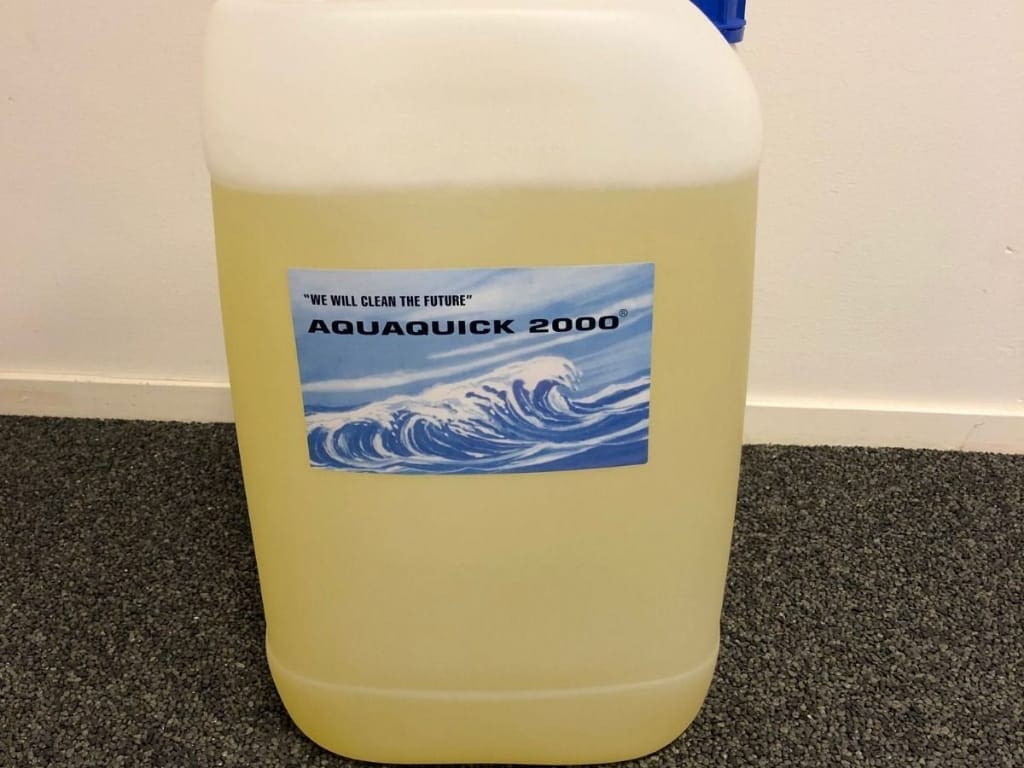
5. Employ Mechanical Cleaning Methods
For stubborn clogs, mechanical cleaning methods may be necessary. Use a plunger to create suction and dislodge the clog, or use a pipe brush or plumber’s snake to physically remove debris from the drain pipe. Insert the plunger over the drain opening and plunge vigorously several times to break up the clog. Alternatively, use a pipe brush or plumber’s snake to navigate through the drain pipe and dislodge any obstructions.
Post-Cleaning Maintenance Tips
1. Regular Cleaning Routine
To prevent future clogs, incorporate regular cleaning of your kitchen sink drain pipe into your maintenance routine. Schedule monthly or quarterly cleanings to keep the drain pipe free of debris and maintain optimal drainage. Consider using Aquaquick 2000 as part of your regular cleaning routine to effectively remove grease and organic buildup from your drain pipe.
2. Proper Waste Disposal
Proper waste disposal is essential for maintaining a clean and functional kitchen sink drain pipe. Dispose of food scraps properly by using a sink strainer to catch solid debris before it enters the drain pipe. Avoid pouring grease or oil down the drain, as they can solidify and contribute to clogs over time. Instead, collect grease and oil in a separate container and dispose of them in the trash.
3. Regular Inspection
Regularly inspect your kitchen sink drain pipe for signs of potential clogs or issues. Keep an eye out for slow drainage, foul odors, or unusual sounds emanating from the drain. Address any minor issues promptly to prevent further buildup and potential damage to your plumbing system.
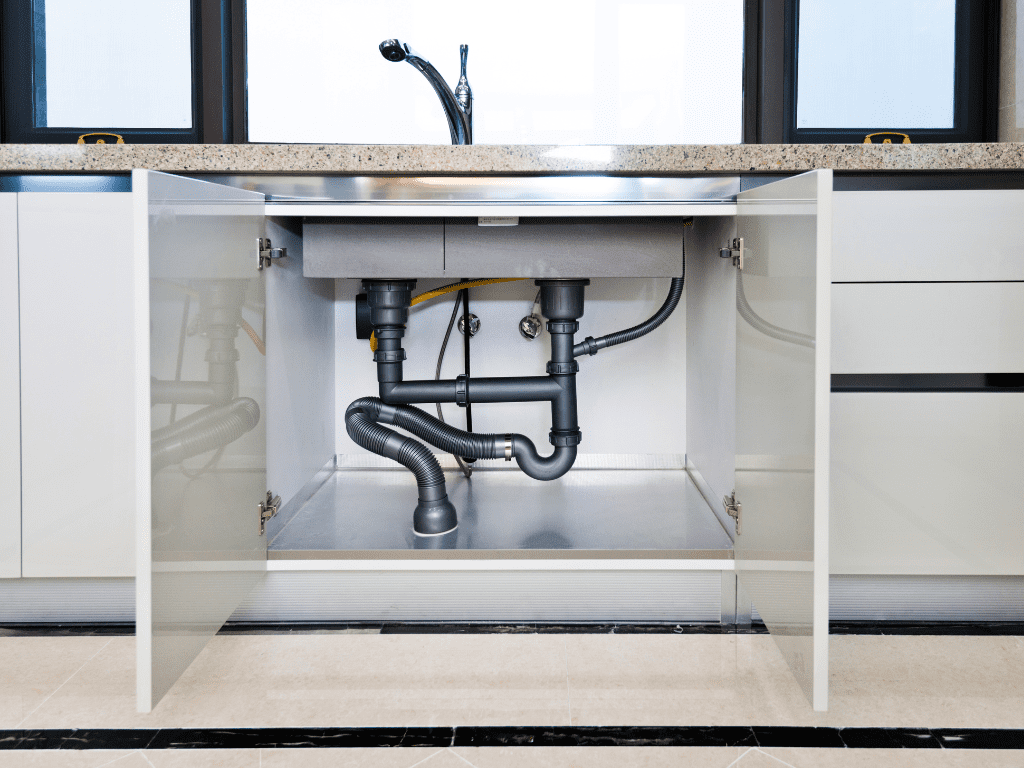
Conclusion
In conclusion, regular cleaning and maintenance of your kitchen sink drain pipe are essential for ensuring proper drainage and preventing plumbing issues. By following the steps outlined in this comprehensive guide and incorporating products like Aquaquick 2000 into your cleaning routine, you can effectively clean your drain pipe and maintain a healthy plumbing system in your kitchen. Remember to prioritize safety and proper waste disposal practices to keep your drain pipe clear and functional for years to come. With proper care and maintenance, you can ensure that your kitchen sink drain pipe remains clean, functional, and free from clogs and buildup.

